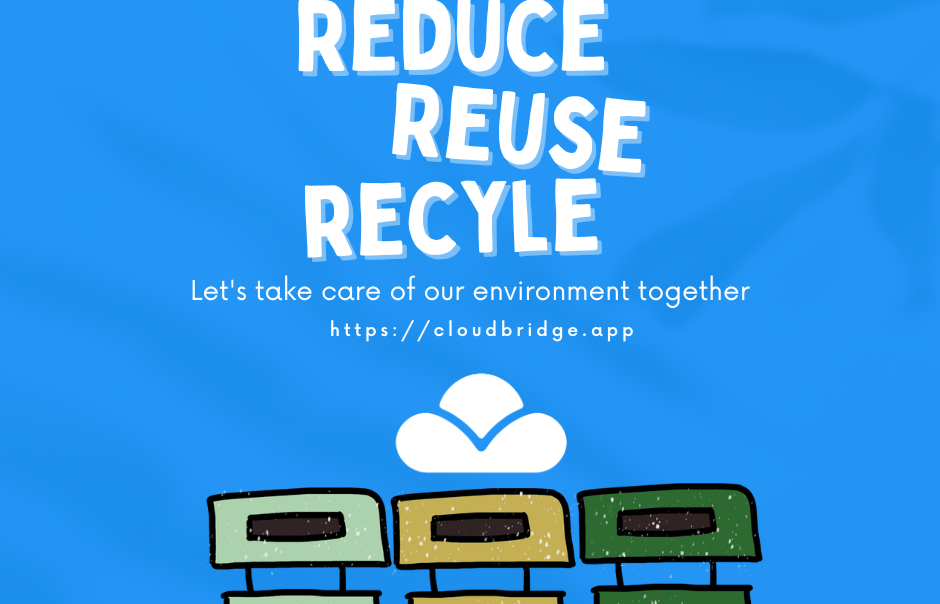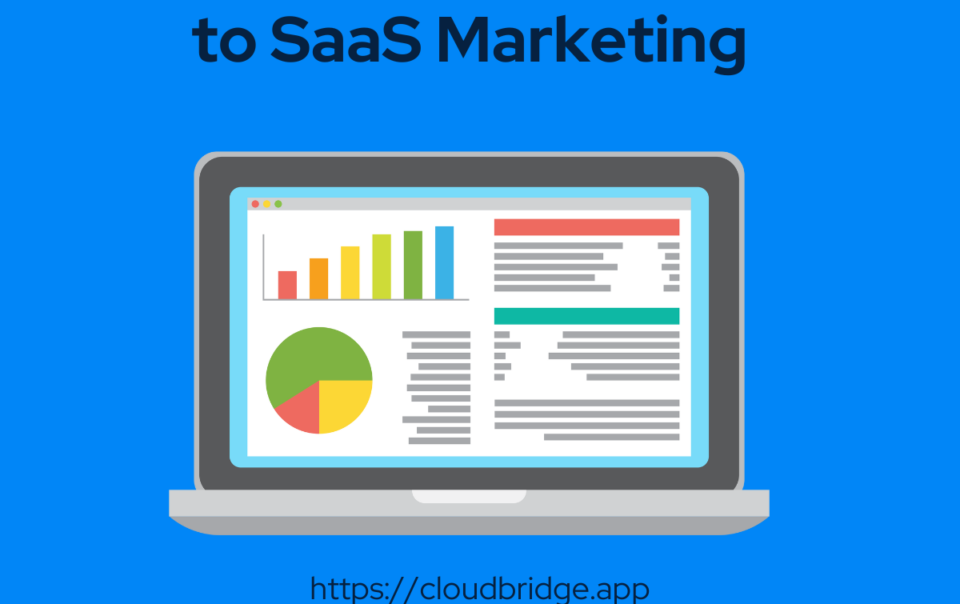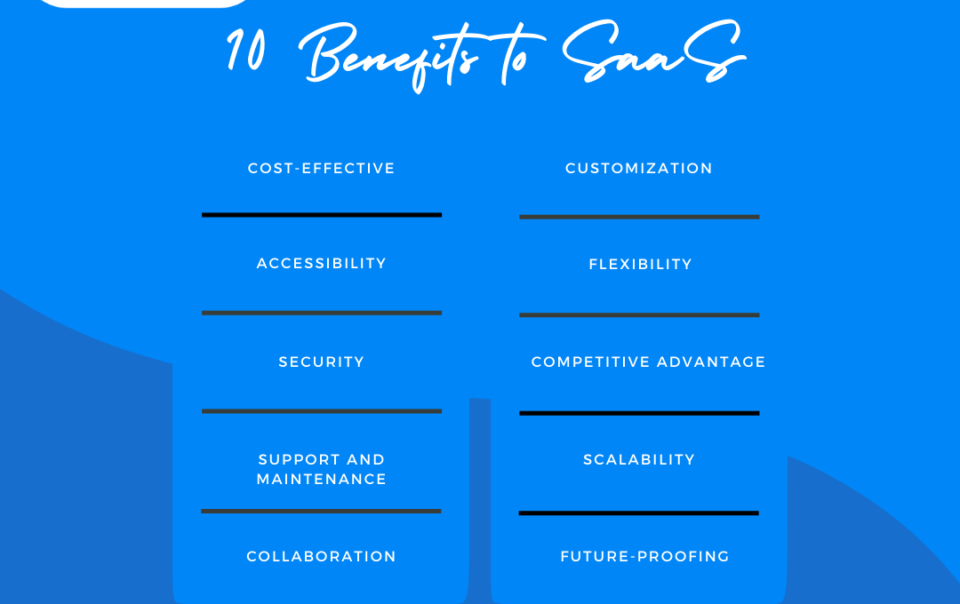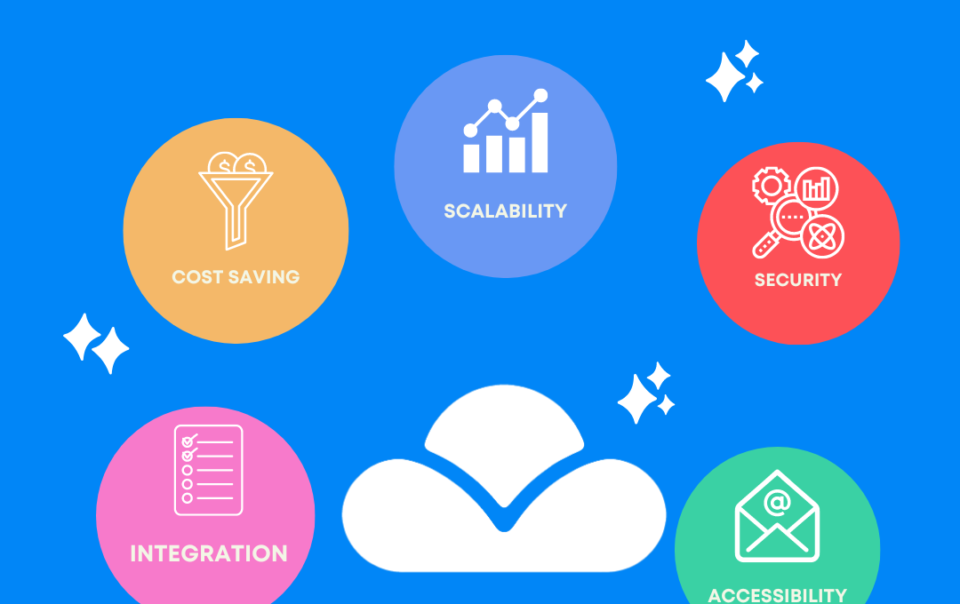In today’s world, environmental sustainability is becoming an increasingly important topic. Many businesses are looking for ways to reduce their carbon footprint and operate in a more eco-friendly manner. One solution that’s gaining popularity is Software as a Service (SaaS), which offers a variety of benefits for businesses looking to go green. Here are some of the ways that SaaS is helping businesses reduce their carbon footprint.
Remote Work
With SaaS, businesses can allow their employees to work remotely, which means fewer commuters and less energy consumption. Remote work has become increasingly popular in recent years, and SaaS tools make it easier than ever to collaborate and communicate with team members from anywhere in the world.
Cloud Storage
SaaS providers offer cloud storage, which means that businesses can store their data in data centers that are much more energy-efficient than traditional on-premise servers. This helps to reduce energy consumption and carbon emissions.
Paperless Operations
SaaS tools also offer a variety of paperless solutions that allow businesses to reduce their reliance on paper. For example, document management systems can store documents electronically, reducing the need for paper copies. This not only saves trees but also reduces energy consumption associated with printing and mailing.
Energy Efficiency
SaaS providers often use energy-efficient hardware and software solutions, which means that businesses using SaaS are using less energy compared to those using traditional software. This can lead to significant energy savings and a smaller carbon footprint.
Automated Processes
Many SaaS tools offer automation features that help businesses streamline their operations and reduce the amount of time and energy required to complete tasks. This can help to reduce energy consumption and carbon emissions associated with manual processes.
Renewable Energy
Some SaaS providers are committed to using renewable energy sources to power their data centers. This means that businesses using these providers can be confident that their operations are powered by renewable energy, reducing their carbon footprint even further.
Scalability
SaaS tools are often more scalable than traditional software solutions, which means that businesses can quickly and easily adjust their resources to match their needs. This helps to reduce waste and prevent overconsumption of resources, leading to a smaller carbon footprint.
In conclusion, SaaS is helping businesses reduce their carbon footprint in many ways. From remote work and cloud storage to paperless operations and energy efficiency, there are many benefits to using SaaS for businesses looking to go green. As the world becomes increasingly focused on environmental sustainability, SaaS will continue to play an important role in helping businesses reduce their impact on the environment.











